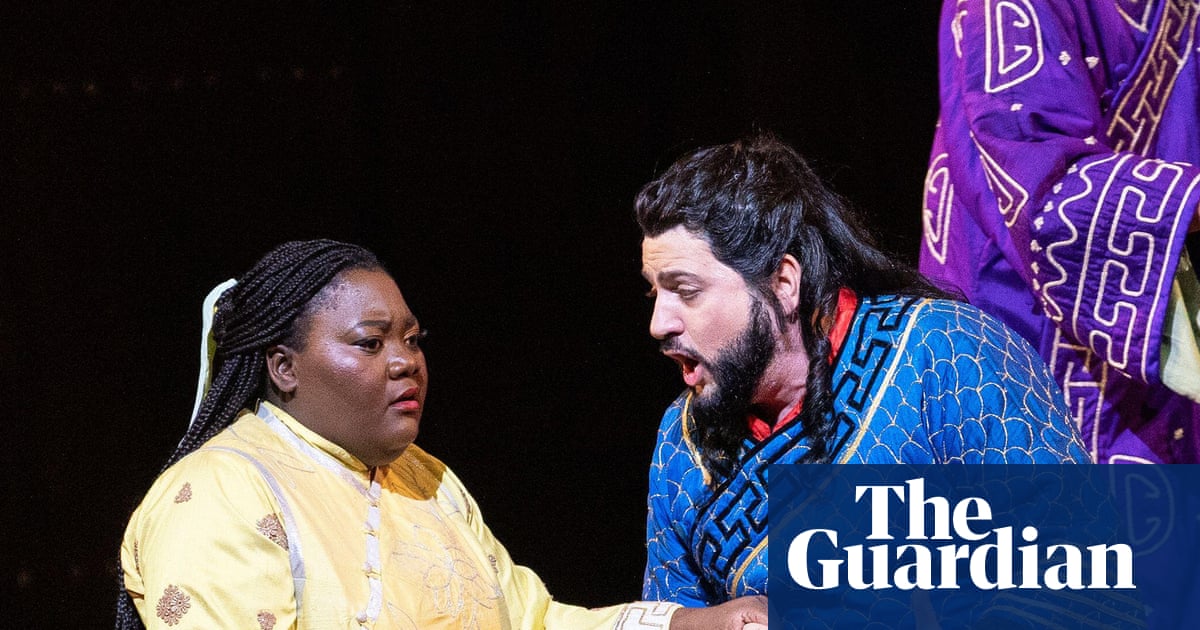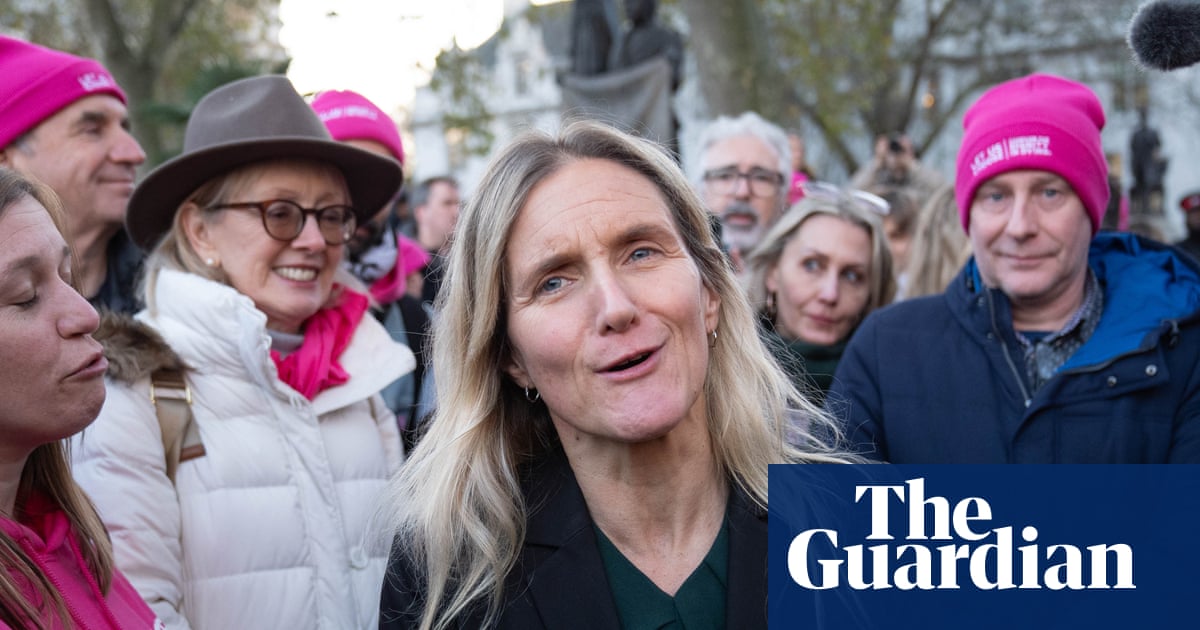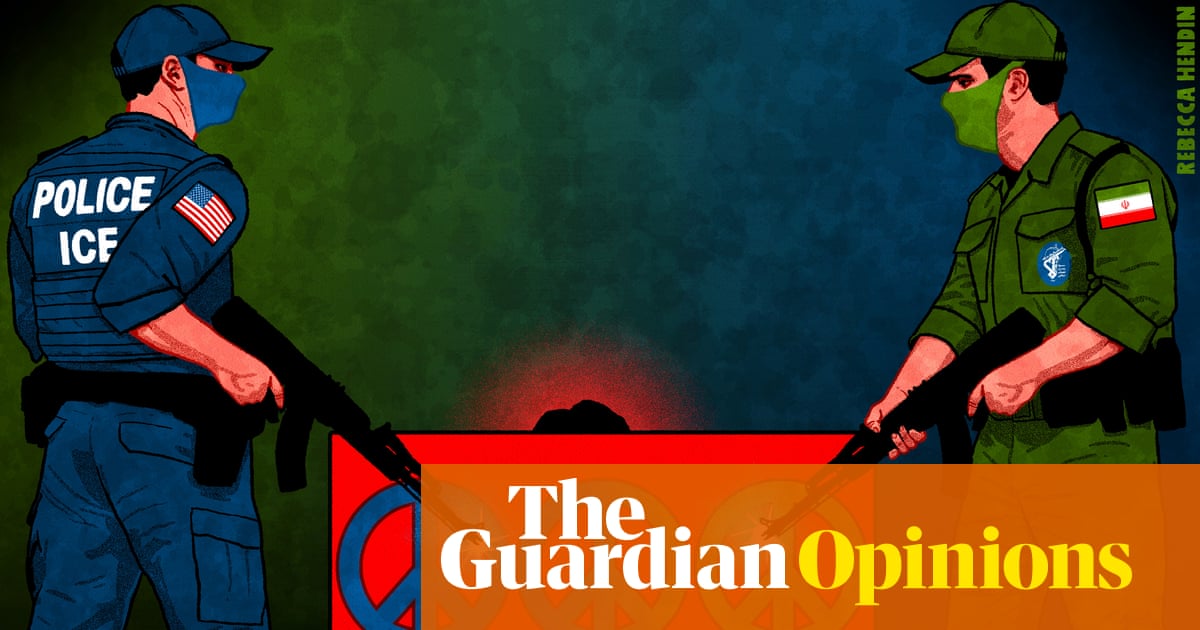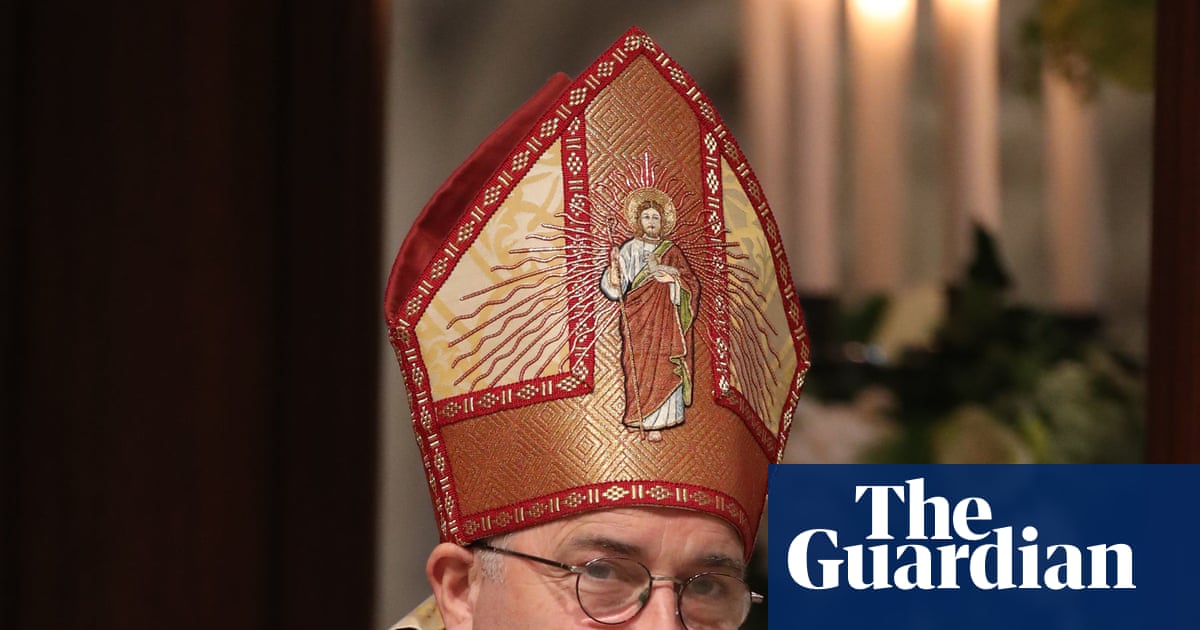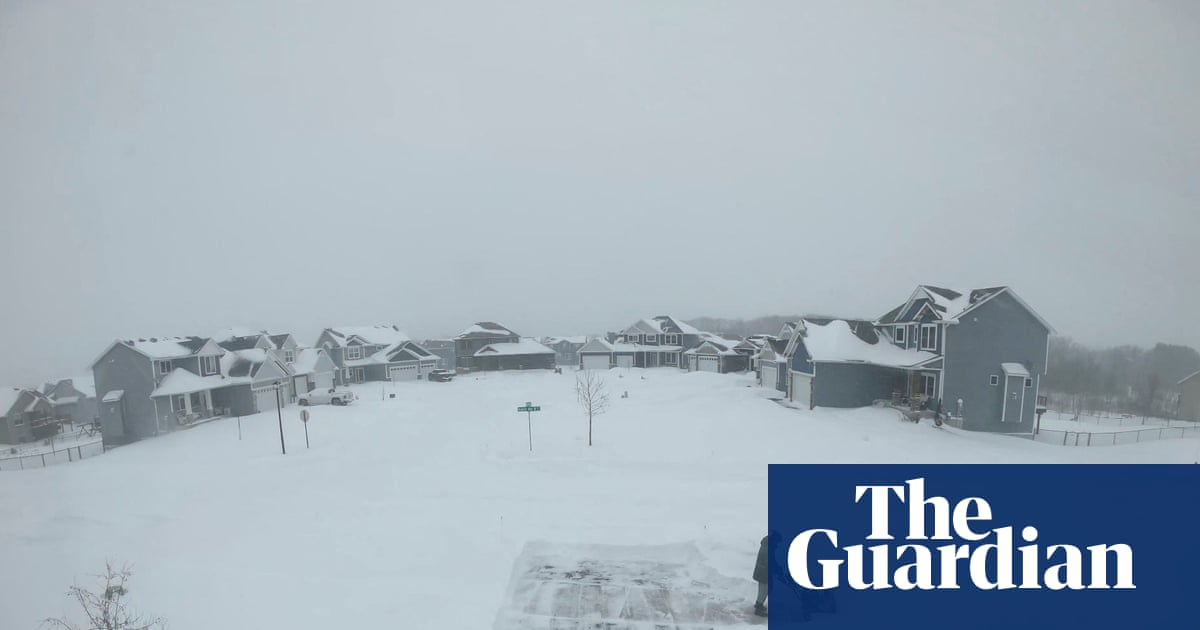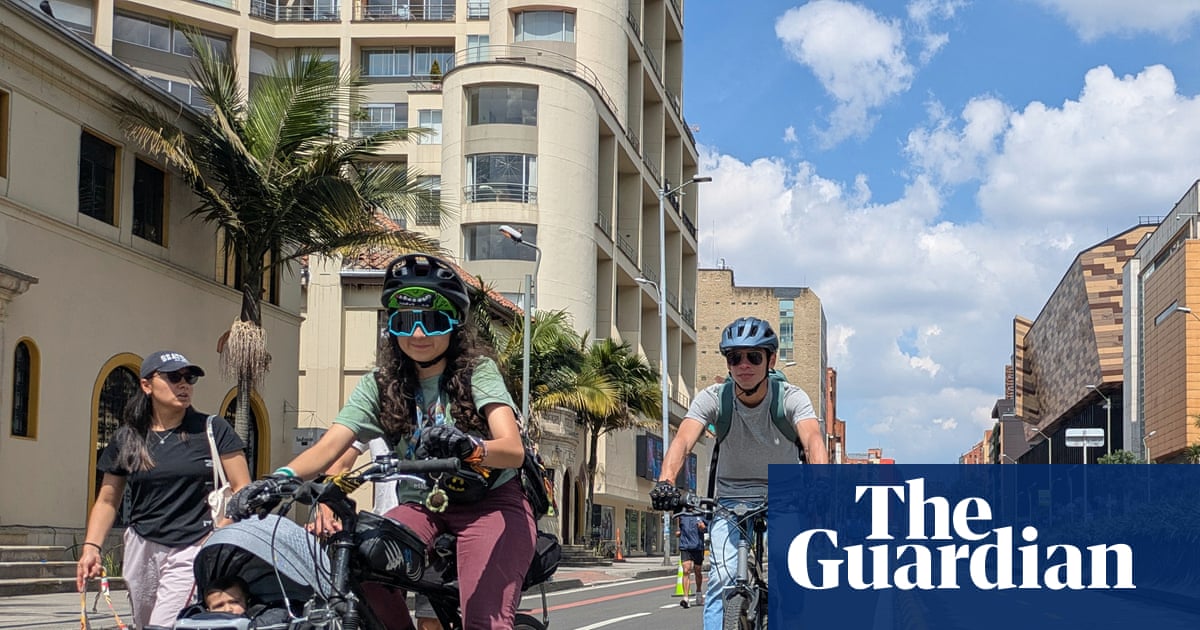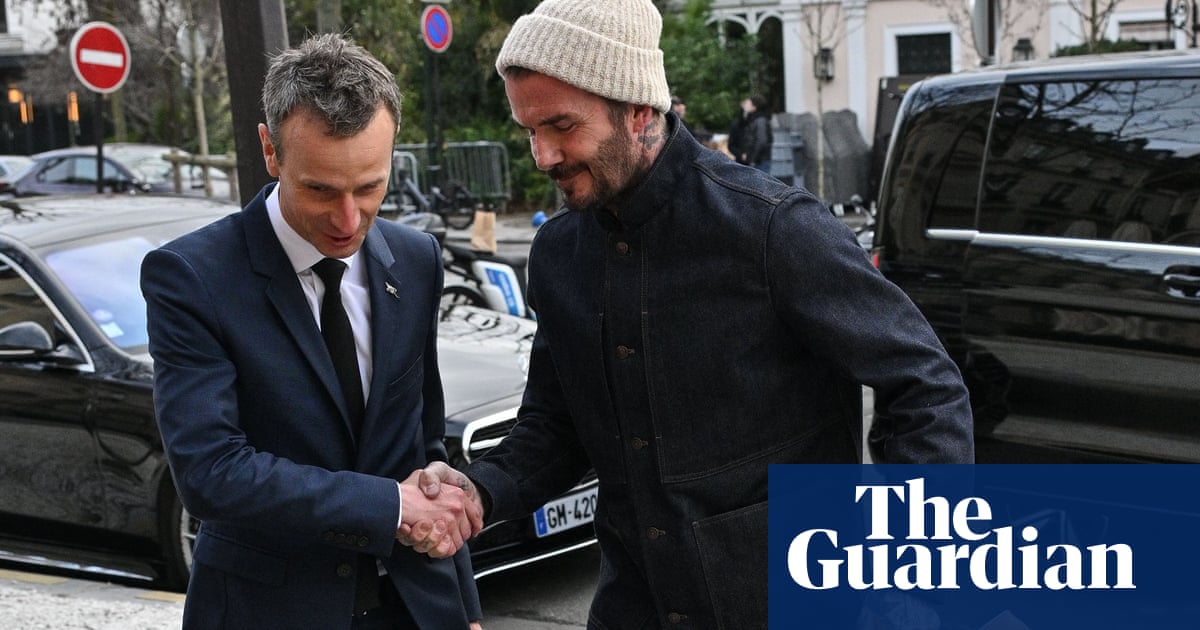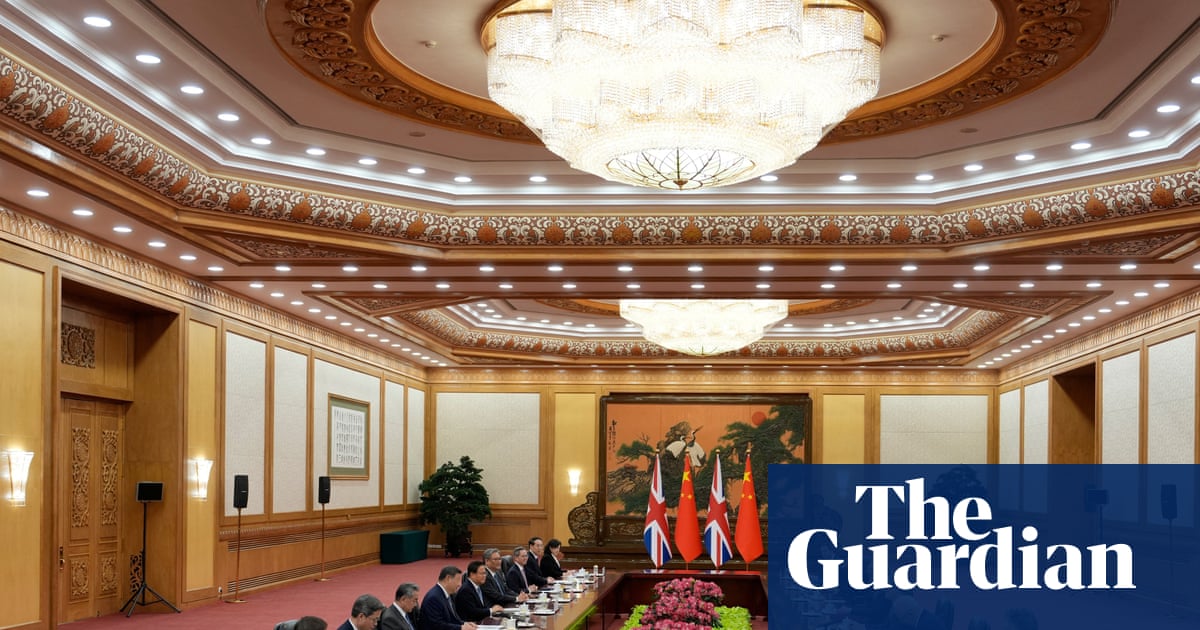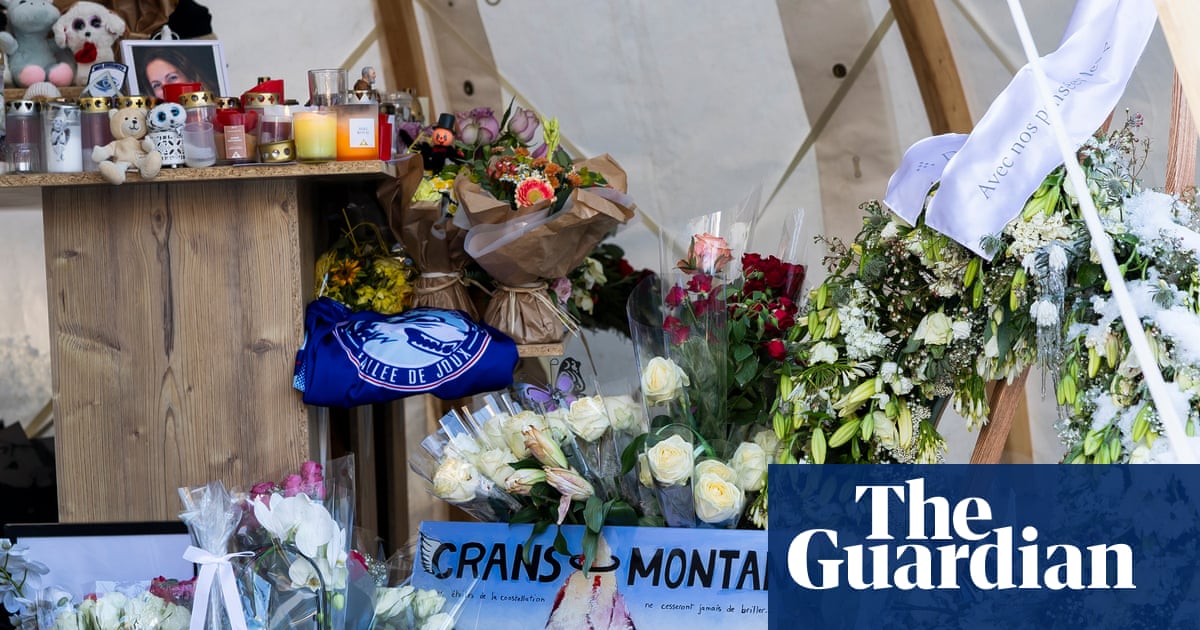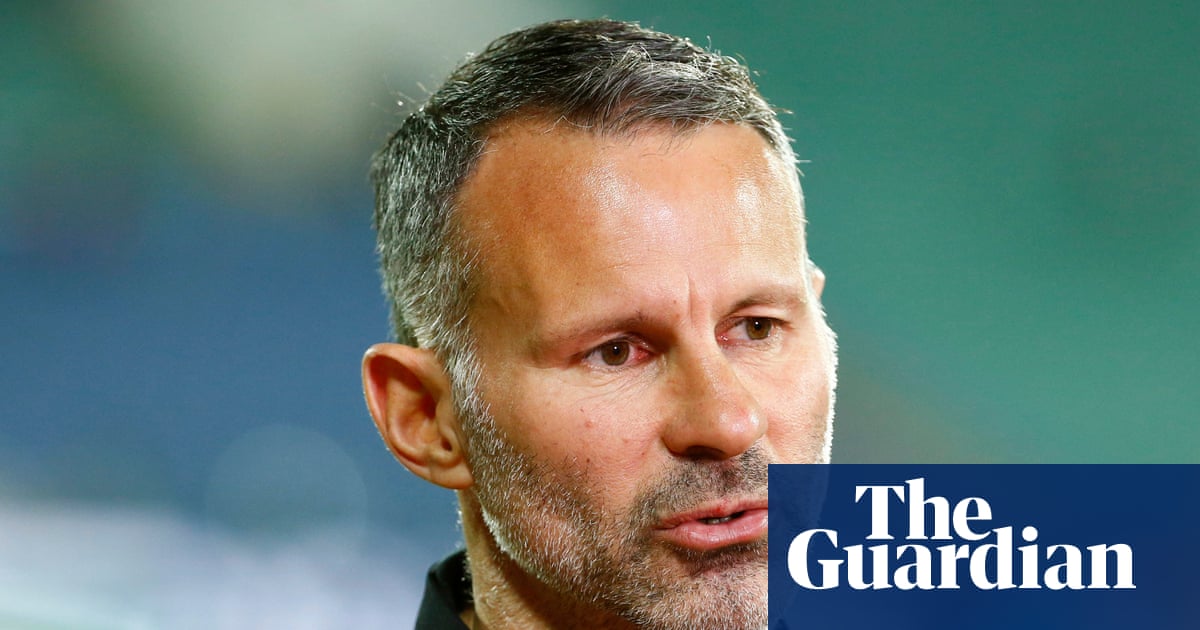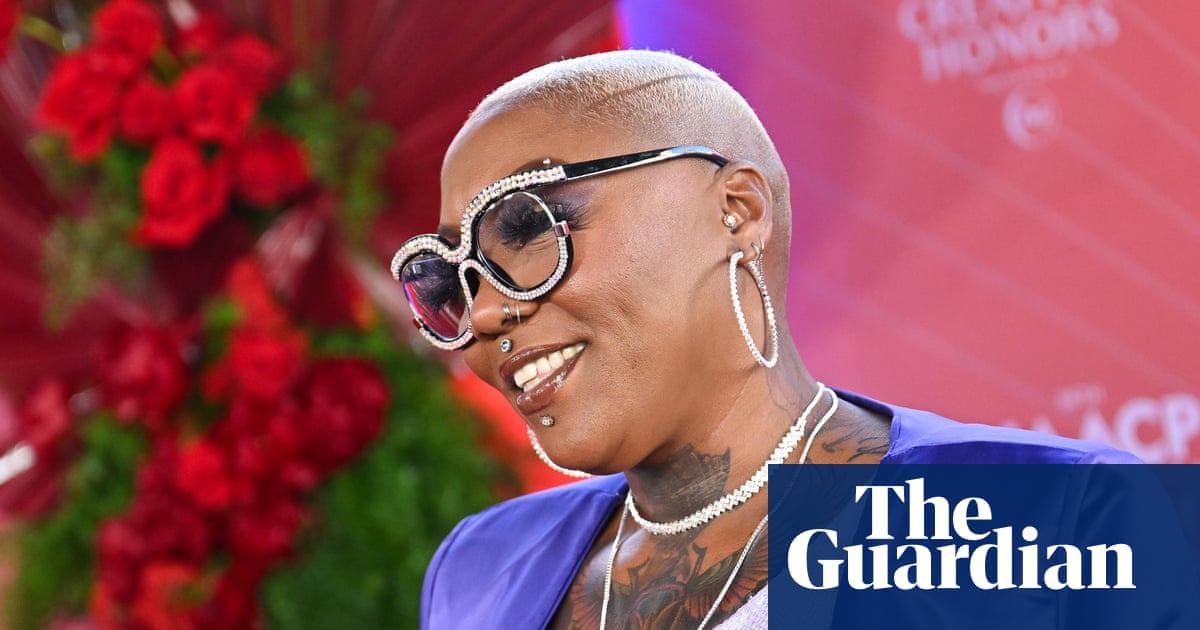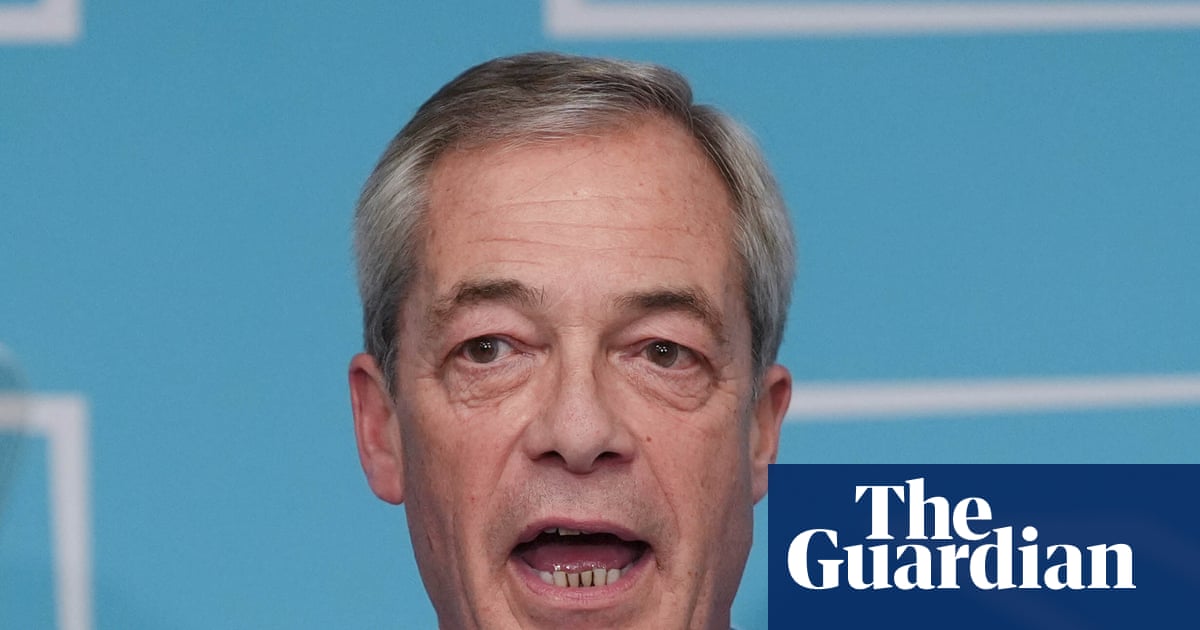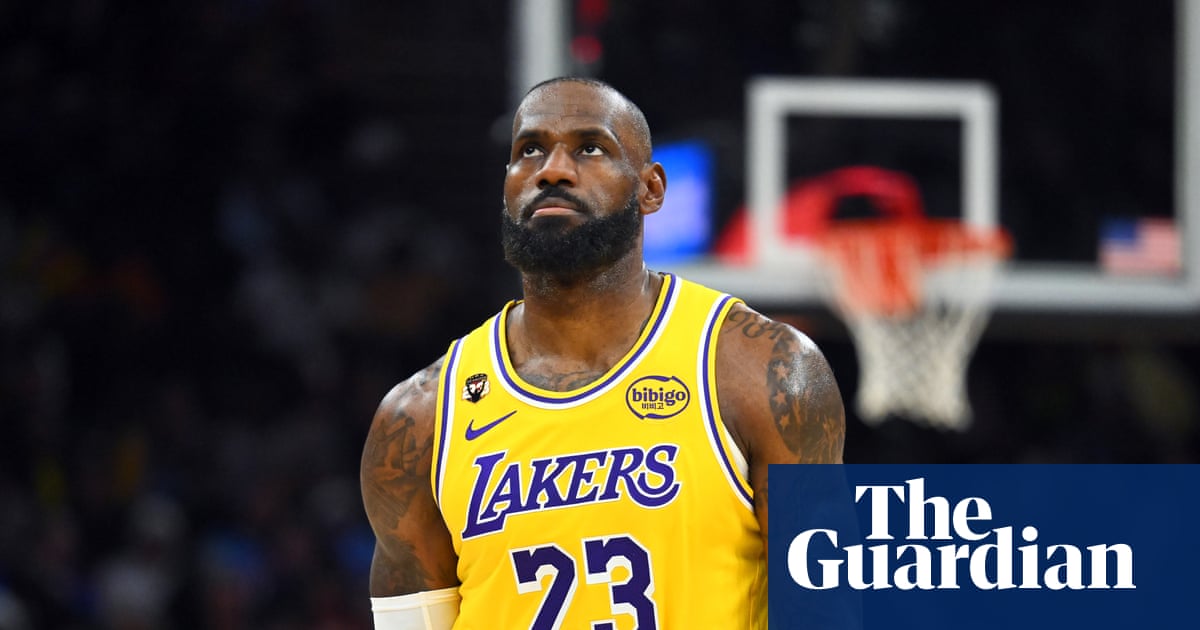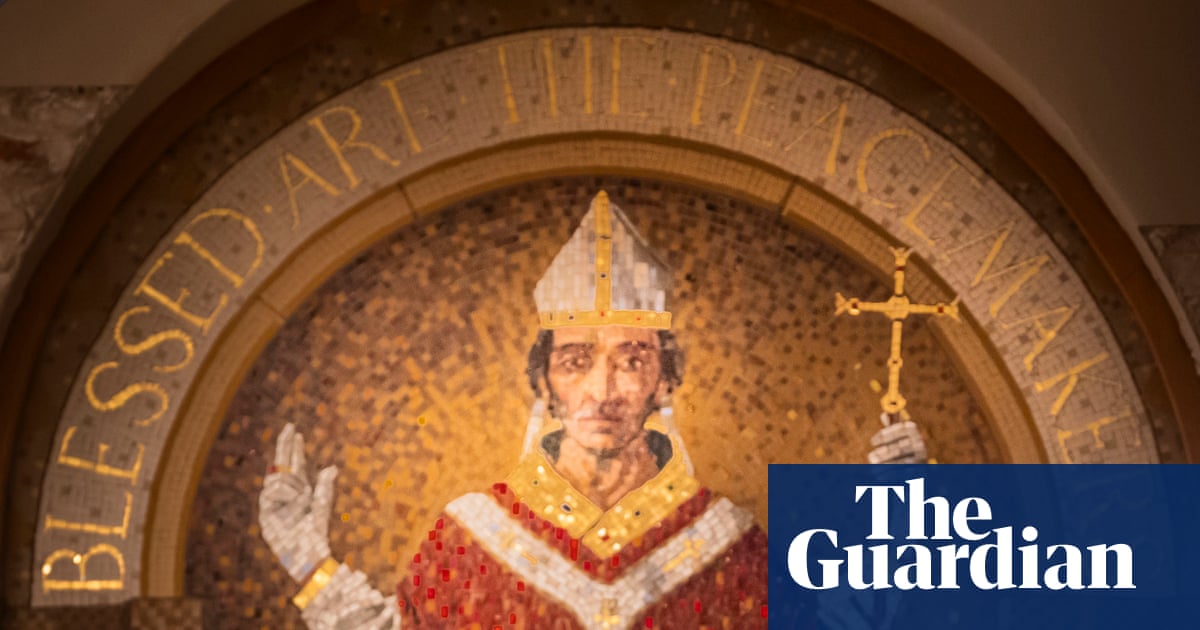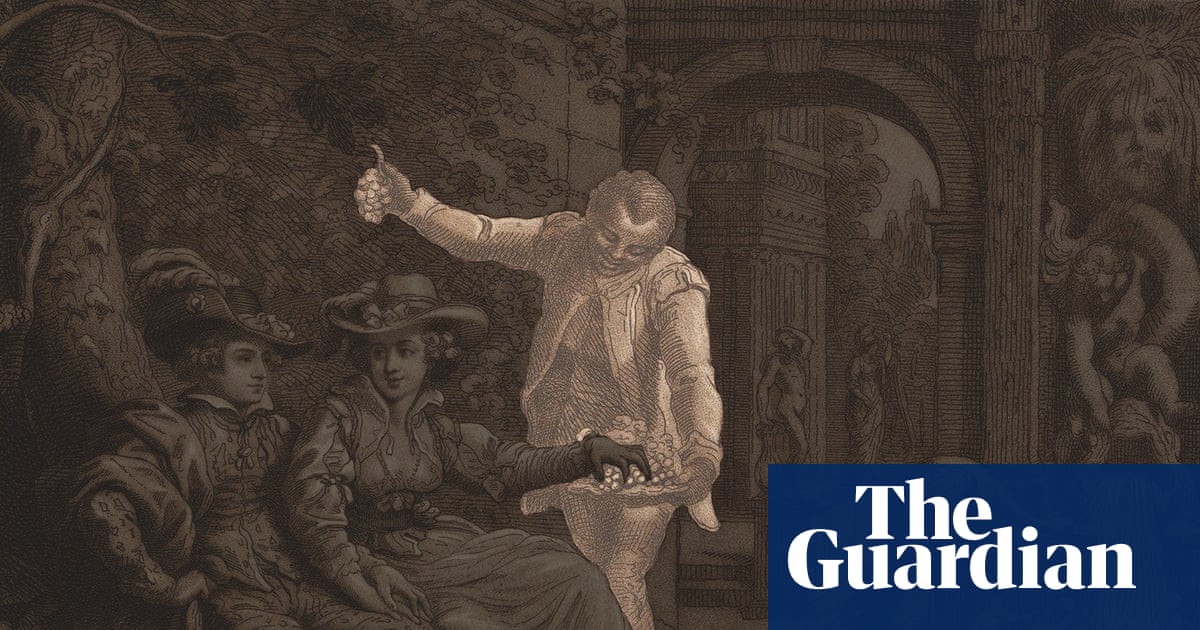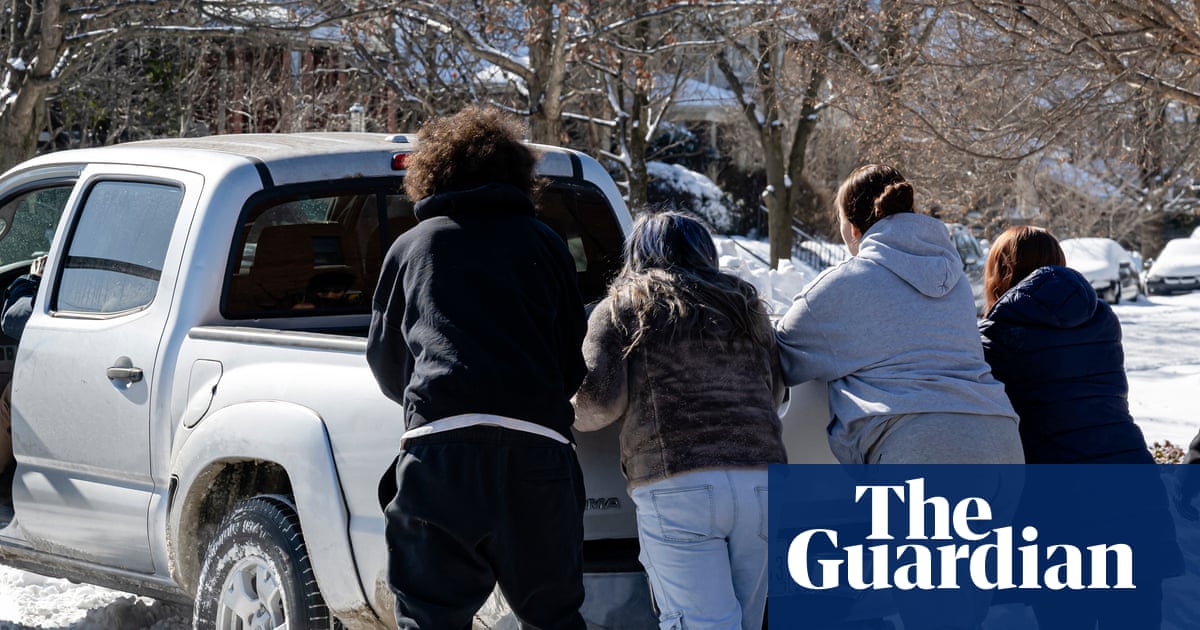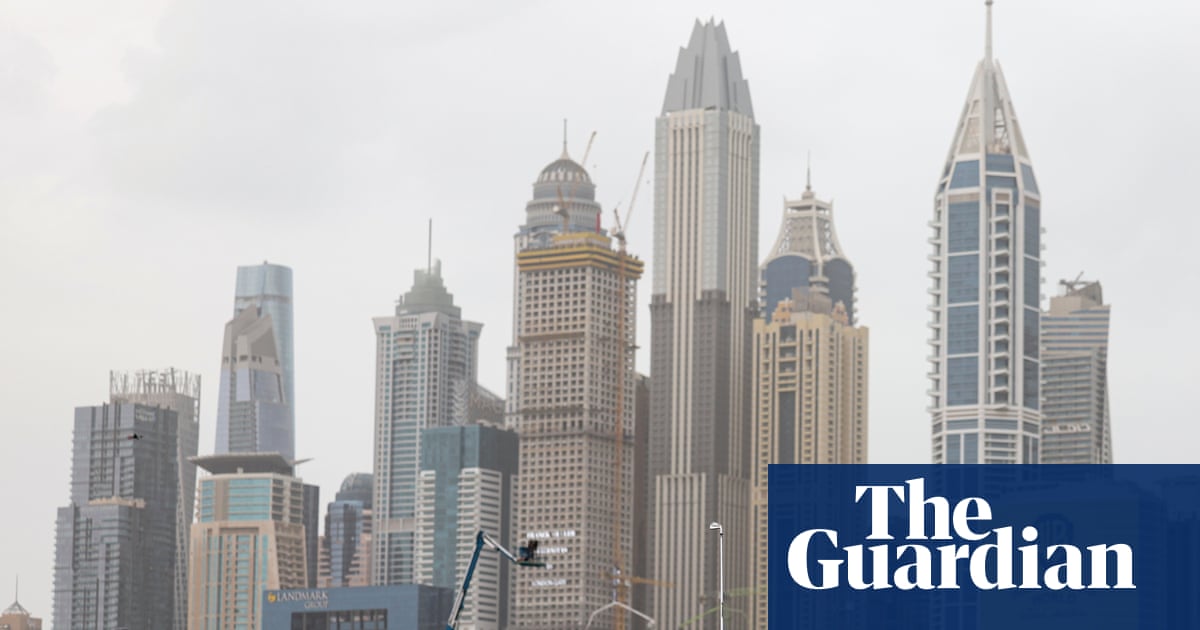It has been a month of political upheaval in some African countries. But it is a period of political action that feels less like a season, and more like the new normal. This week, I try to pull together the strands of what is unfolding.
“All generalisations are false” goes the old saying, “including this one”. African politics is never uniform, but there are patterns and commonalities among some countries with similar demographic and economic profiles. Over the past year, there have been a number of protests, including in Kenya, Morocco, Cameroon, Madagascar and, most recently, Tanzania.
Protesters are overwhelmingly from younger generations, particularly gen Z, and the price that they have paid is high. In Tanzania, anger that erupted after an election that excluded opposition candidates from the ballot has been met with a deadly crackdown. Reports of death tolls so far vary, but estimates are staggering, exceeding 1,000 people killed by security forces. In Kenya, scores have been killed and hundreds detained in rolling protests over the past year and a half that were triggered by economic policies and police brutality. For these two countries in particular, demonstrations and the response to them have shattered long periods of stability, suggesting not a sudden explosion but a buildup that has resulted in clashes between the public and the government.
A stubborn old guard

The protesters’ complaints are universal and about basic rights – the rising cost of living, power and water outages, lack of political freedoms, and rigged elections. Zoom out, though, and it becomes clear that these frustrations are about a growing gap between people and power. Some of Africa’s old guard are literally that: old. They preside over countries where the median age is 19.
Last week, Cameroon’s Paul Biya, 92, was sworn in for an eighth consecutive term, after violence in a contested election. He is the world’s oldest president, leading a country in the world’s youngest continent. Rumoured to be too frail to campaign in person, he appeared to send a bizarre walking effigy of him and his wife out on the campaign trail. (I don’t know if there is a more fitting metaphor.) The only leader who exceeded him in age was Robert Mugabe, who was president of Zimbabwe until he was deposed in a coup aged 93, and died at 95.
There are now several African leaders over the age of 80. The absence of term limits is clearly a problem, with even new leaders finessing the system to guarantee long tenure. Ivory Coast’s Alassane Ouattara, 83, just started his fourth presidential term.
Mixed results
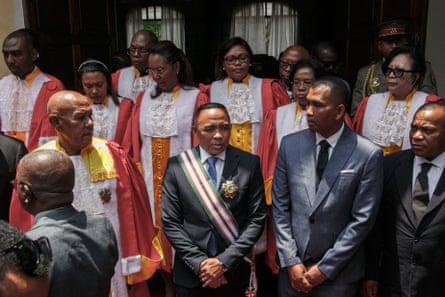
It’s not all a story about suppression and election upheaval. There are stable democracies such as Ghana, Namibia and Botswana. And protests in some instances have achieved breakthroughs. In Kenya, president William Ruto, a broadly intransigent and fiery politician, set the police on protesters objecting against a finance bill with high tax hikes. “Violence and anarchy”, he said, would not be tolerated. Within days, in a stunning about-face, he withdrew the bill and said: “I concede” because “the people have spoken”.
In Madagascar, protests that began in late September against utility scarcity quickly expanded into outright uprising. Just over two weeks later, the president had fled, and the military came out on the side of the protesters, leading to heady jubilation and celebration of gen Z because, as a 17-year-old told the Guardian: “It was them who gave us the victory.”
But clouds are gathering. Ruto remains deeply unpopular, and sporadic protests still arise. In Madagascar, there is a chilling portent of what has taken place in countries such as Sudan. A transitional military government is already being accused of non-transparent appointments, and is being monitored for threats of revolution hijack. Sudan’s 2019 revolution, which toppled president Omar al Bashir, who had ruled for almost 30 years, was a colossal moment of hope for the country, only for the revolution to be midwived by military forces, and then fully reversed as a military coup against civilians led the country to a devastating war between armed parties.
after newsletter promotion
Patronage networks and an unsustainable status quo

If you had told me, as a Sudanese celebrating in those magical moments in 2019, that the country would be where it was today, I would have thought that it was a profound tragedy. Now I see there was some inevitability to it. Despite all of the frustration, energy and promise of younger generations desperate for change – and in many instances ready to put their lives on the line for it – what they are up against is no single leader, but entire embedded institutions, oligarchies and patronage networks.
Behind every leader there is, perhaps, an army that will not cede power to civilians easily, or a business class that has much to lose from the dismantling of their corrupt lucrative political arrangements. Every government at odds with its people is not about a single president or party, but a complex web of arrangements that benefit just enough people to make change undesirable: such as the member of parliament with a nice sideline in import and export, or the industrialist who has negotiated a favourable tax deal.
The fact that some African countries are still open to backsliding feels like it has sort of unexpectedly heaved into view. And that is because, no matter how positive the trends are in terms of appetite for transformation and demographics, the problem is the system, not politicians. But what is becoming clear in this moment is that we are entering an era in which the contradictions between ordinary people and those who hold all forms of power are too sharp for the status quo to be tenable any more.

 2 months ago
45
2 months ago
45
